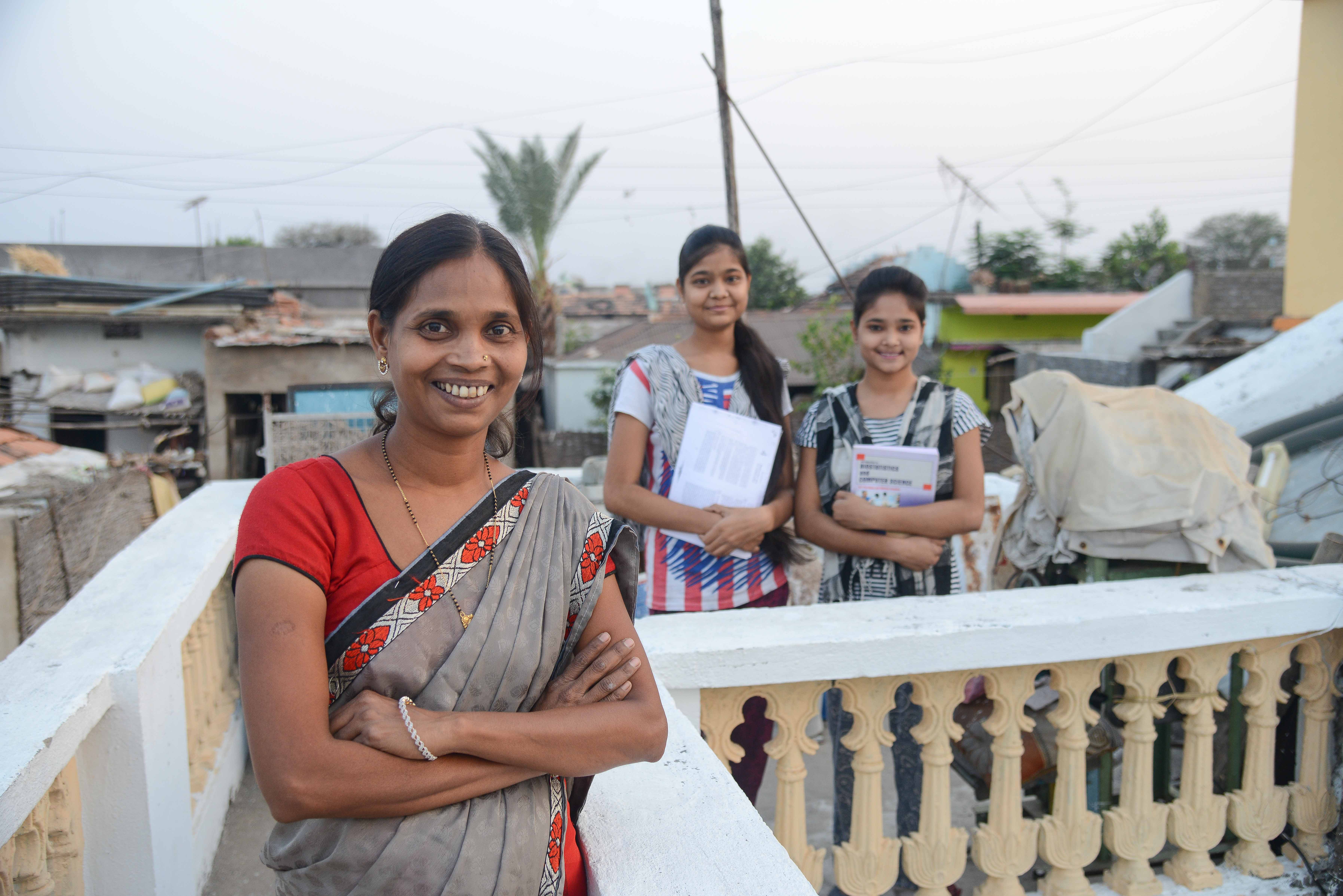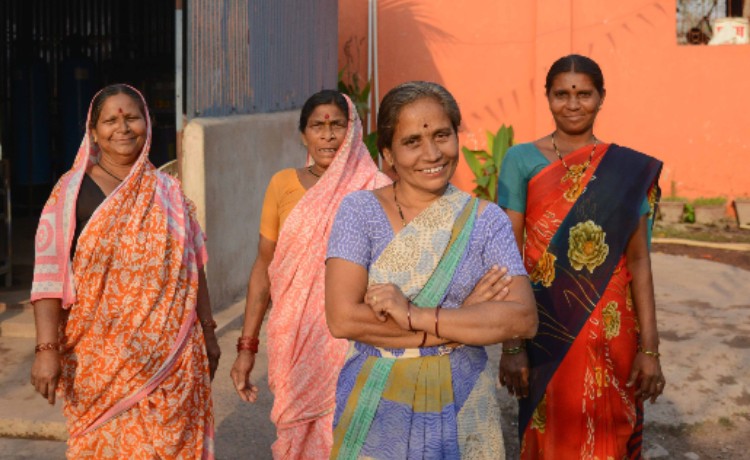About a year ago,
Ambuja Foundation decided to stop using the word “housewife” and adopted
“homemaker” instead. Because language matters. And in the arena of women
empowerment, it matters more than we perhaps realise. A simple change of word
can take us across a threshold toward a new future. A woman is not limited to a
house and its boundaries. She’s the maker of a home, a mainstay of her family,
and a person in her own right.
Nearly 30 years of working assiduously with women in rural communities across the country has brought home the complexities surrounding the issue of empowerment. Taking the women’s empowerment programme to its next phase, Ambuja Foundation has charted a holistic strategy involving all its six verticals: agriculture, water, skills, women, education, and health. The aim is to equip women with four essentials––skills, knowledge, opportunity, and access.
The meaning of one’s own money: SHGs
The wider impact of empowerment was evident from the early days. When the
very first self-help groups (SHG) were formed around 200, close-knit circles of
women were encouraged to save money. Starting with meagre monthly savings of Rs.
20 to Rs. 50, within a few years, their corpus grew. They learnt the basics of
banking with partnering Government agencies, and started taking loans to pay
for children’s education, home repairs, better nutrition, even agricultural or
livestock needs; all the things they considered important. As women became
financially more independent and their husbands took note of their
contributions, they began to have a say in their homes. That was the first step
outside the bounds of tradition.
At home and abroad: New roles in
society
The SHGs grew in number and became pathways to federations and
co-operatives, where women engage in social and economic ventures, actively improving
their communities. The marginalized Dewar women of the Pooja SHG at
Chattisgarh’s Rawan village have, in collaboration with Ambuja’s waste
management arm, turned garbage collection into a means of generating income. They
also spread awareness about hygienic living. In Chandrapur, Maharashtra, the
Ekta Mahila Federation leads efforts to create open defecation free villages.
From women in homes without a voice to leaders of communities, soon enough it was time to enter a larger stage… politics. Today, there are 117 women elected to Gram Panchayats. Chanda Tai of Warora Block in Chandrapur was a Sarpanch, inspiring people far and near.

Taking charge, building her community:
Sakhis
Back in 2005, while planning health interventions, the idea of the Sakhi
was born. A Sakhi was like a close female friend, from the community, present
all the time, and trained to handle health concerns and emergencies. It turned
out that the Sakhis were not only of immeasurable value as frontline community
health workers, they could also reach places outsiders couldn’t. They could
enter the inner spaces of the home, where women confided in them, speaking of
things they wouldn’t otherwise; “private” matters like domestic abuse, alcoholism,
personal health worries, problems that rarely see the light of day, and remain
unresolved.
Informed, assertive, and committed to helping the world beyond their household, Sakhis have elevated their social standing by sheer hardwork. Their participation is sought in local development initiatives. The concept has now spread to other areas of rural life – where women are trained to provide essential services in rural villages in crucial areas like agriculture, veterinary health, water and education. This army of empowered and enabled women are driving a variety of local change in their communities and have become local leaders and roles models in the process.
There’s no stopping her now
During one of the worst crises ever, COVID-19, women shone. In Farakka, West Bengal, Sakhis like Chinu Mandal and Rakhi Singha helped the Government track returning migrant labour, and also educated people, saving many lives. When husbands working in cities couldn’t find the means to come back, their wives stepped up. They took loans from their SHGs, organised vehicles, and brought the menfolk home. An indomitable streak in them through a devastating pandemic.
Ambuja Foundation’s interventions have empowered close to 38,000 women. That first step across the prescribed boundaries was crucial, and the toughest. But once it was taken, nothing would stop her again, women are exploring different avenues of sustainable growth and prosperity. Today women’s workload has risen due to double burden, there’s a lot to be done at home and outside. Ambuja acknowledges it and is highlighting the gender equality approach so that care work burden is shared by all members of the family. A new threshold to be crossed, and the story of empowerment continues, past challenges, scaling the odds, taking hurdles in its stride.




.png)


0 Comment